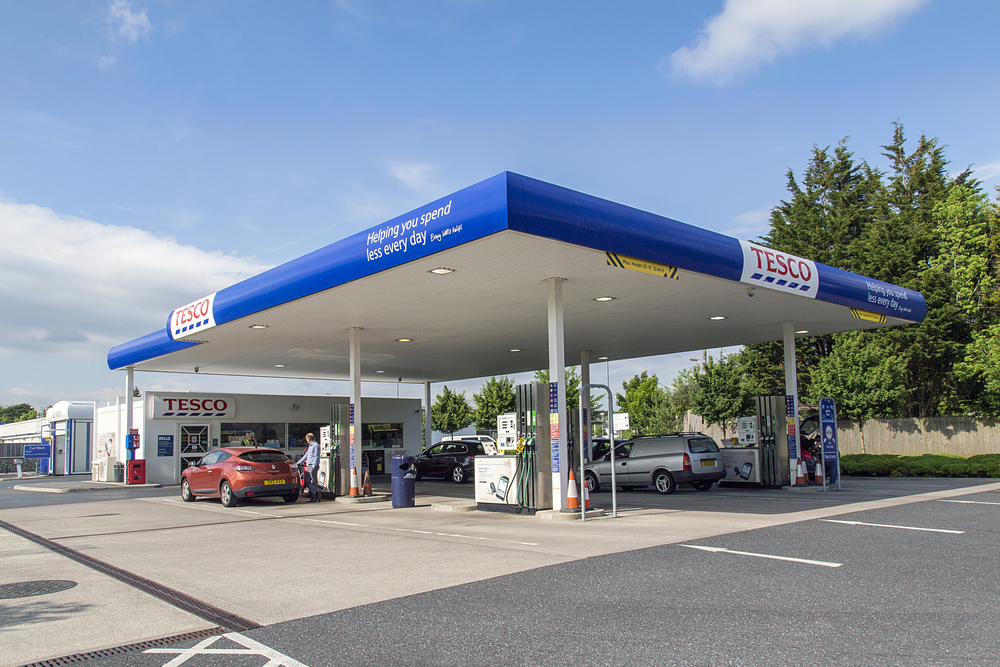Household Bills
The AA criticises supermarket fuel offers

The AA has attacked fuel discounts offered by supermarkets, saying they discriminate against some customers.
Morrisons, Sainsbury’s and Tesco all regularly offer shoppers money off a litre of fuel in exchange for spending at least £40 on groceries.
However, according to research by the AA, these deals tend to follow cuts to the wholesale price of fuel, rather than the supermarkets passing on a straight price reduction at the pumps.
Motorists also think the vouchers are just another way to get them spending more in-store or online, the study said.
A poll of 18,000 AA members revealed 58 per cent of people consider money-off fuel offers an “underhand way” of getting shoppers to spend more money at the brand. And 38 per cent said they felt manipulated by fuel offers tied to how much they spend at supermarkets.
The motoring group criticised the deals for discriminating against less well-off consumers, with the poll revealing 38 per cent of young drivers can’t afford to spend £40 in order to get 5p off a litre of fuel.
Almost three quarters of people agreed that the government should set a maximum timescale for fuel retailers to pass on cost savings when the wholesale price drops.
Average fuel price saving with vouchers
For an average 55-litre family car, the best possible saving with a ‘spend £60 get 10p off a litre’ is £5.50 off a total spend of £127.93 based on supermarket average petrol prices of 123.5p a litre.
With a ‘spend £40 get 5p off a litre’, The AA calculated that drivers would save £2.75 off a total spend of £107.93 – a 2.5% saving.
Luke Bosdet of The AA said: “A large number of shoppers with cars welcome these vouchers. And, with one in 10 tempted to buy more to qualify, they are a powerful marketing tool.
“However, they discriminate against lower-spending and less well-off consumers. They also delay price competition at the pumps and reinforce drivers’ suspicions that they are being played – to the extent that 73% want some form of price regulation.”